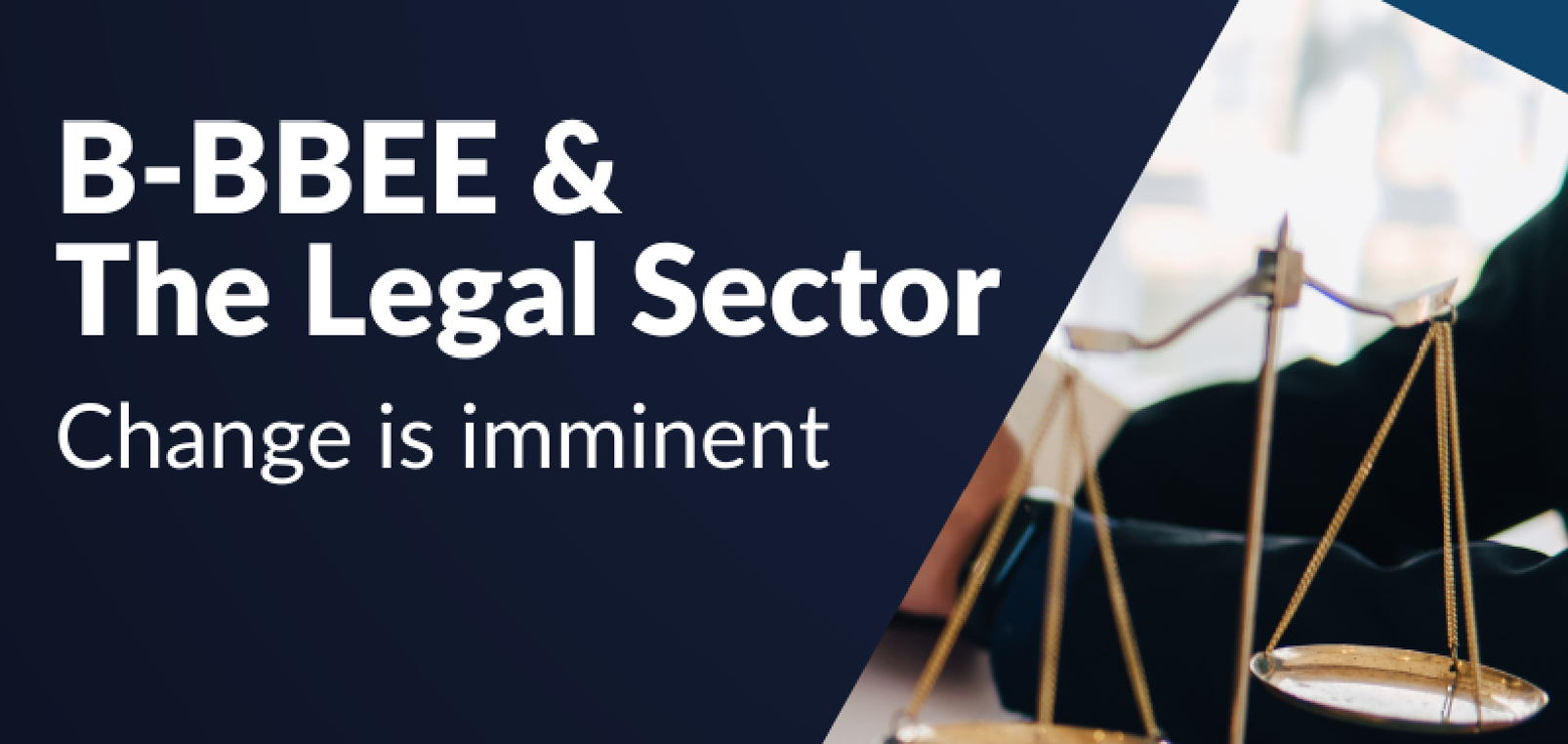
B-BBEE AND THE DRAFT LEGAL SECTOR CODE
With the new BEE code about to shake things up in the legal profession of South Africa, we at SimplyBEE have focused our attention on how to proac- tively navigate these proposed changes for your benefit. With no transition period once the proposed code comes into effect – we are enabling you, through our simulation feature, to look at what effect the new codes will have on your business.
Here are some stand out changes in the draft code:
• Lower annual total revenue thresholds for legal practitioners to qualify as EME’s, QSE’s and Generic
• Introducing pro bono hours as a contribution to Socio Economic Development
• Black ownership target increases over a three-year period
• Places significance on procurement from black advocates and procurement of goods and services from suppliers with significant black ownership • A legal sector transformation fund will be established
• Participation of legal practitioners across all elements is prioritised
One of the biggest changes evident from the draft legal sector is the fact that over and above the turnover threshold, the number of years the law firm is in existence, as well as the number of partners in the firm, are also considerations when determining the eligibility of a firm as an EME, a QSE or a generic entity. We have highlighted the thresholds and considerations for a legal firm to qualify as an EME, QSE or a generic entity:
White owned, or majority white owned, legal firms have partial exemptions: they qualify for a Level 4 if they are less than 51% Black owned, Level 5 if they are owned by less than 35% black persons OR if the legal firm is a start-up and new entrant (recently formed, constituted, established, or incorporated and has been in practice for less than 3 years and generates not more than R3 Million). Independent confirmation of the status will be required.
Under OWNERSHIP, only economic interest and voting rights in the hands of black legal practitioners will be measured. There are also bonus points for economic interest and voting rights, specifically in the hands of black disabled persons.
On MANAGEMENT CONTROL, as is the case on the ownership element, only participation of legal practitioners on the board (or equivalent structure), executive management, as well as on senior, middle and junior management is measured.
When it comes to SKILLS DEVELOPMENT, training expenditure expended in training candidate attorneys is measured as a single indicator. There is also the measurement of training in areas that enhances functionality in providing efficient support in law firms, which is also measured as a single indicator. The legal sector code also includes black women as part of the designated categories and does not include black army veterans or the black unemployed as part of the designated categories.
PREFERENTIAL PROCUREMENT indicators include the procurement of legal services from black advocates and black woman advocates, as a percentage of the total fee expended on advocates over the financial year under review. The last indicator in preferential procurement measures procurement of goods, assets and equipment that are core to a law firm, as a percentage of the total expenditure on goods, assets, and equipment.
When it comes to ENTERPRISE DEVELOPMENT OR SUPPLIER DEVELOPMENT, the draft legal sector code is divided into two sections: the first section measures partnerships, joint ventures, and sub-contractors. The first indicator under this first section, measures partnerships or sub-contracting with a Level 1 Exempted legal entity or 75% black owned Legal firm. There is also the measurement of sub-contracting or partnering with a 75% black owned legal firm, or a legal firm 51% owned by persons from designated categories. The second section measures initiatives for black owned Exempted Law Firm start-ups and contributions to the legal sector transformation fund – the objective of the fund will be to provide financial assistance and to support black legal practitioners, especially black women and black people with disabilities.
Then lastly, on the SOCIO-ECONOMIC DEVELOPMENT front, a large emphasis will be put on pro bono hours for Qualifying Small Enterprises (QSE) to benefit poor, underprivileged and black clients; alternatively a firm can elect to forego pro bono work and rather give contributions into a community NGO, a Community Development Fund or a charitable entity and also give contributions into initiatives that enhance community’s economic development initiatives
As these requirements tighten, let us at SimplyBEE help you navigate the future for the legal sector and Broad-Based Black Economic Empowerment. We are of- fering all legal firms a free view at the implications if the new Legal Sector Draft Codes. Sign up today and proactively plan for your future!